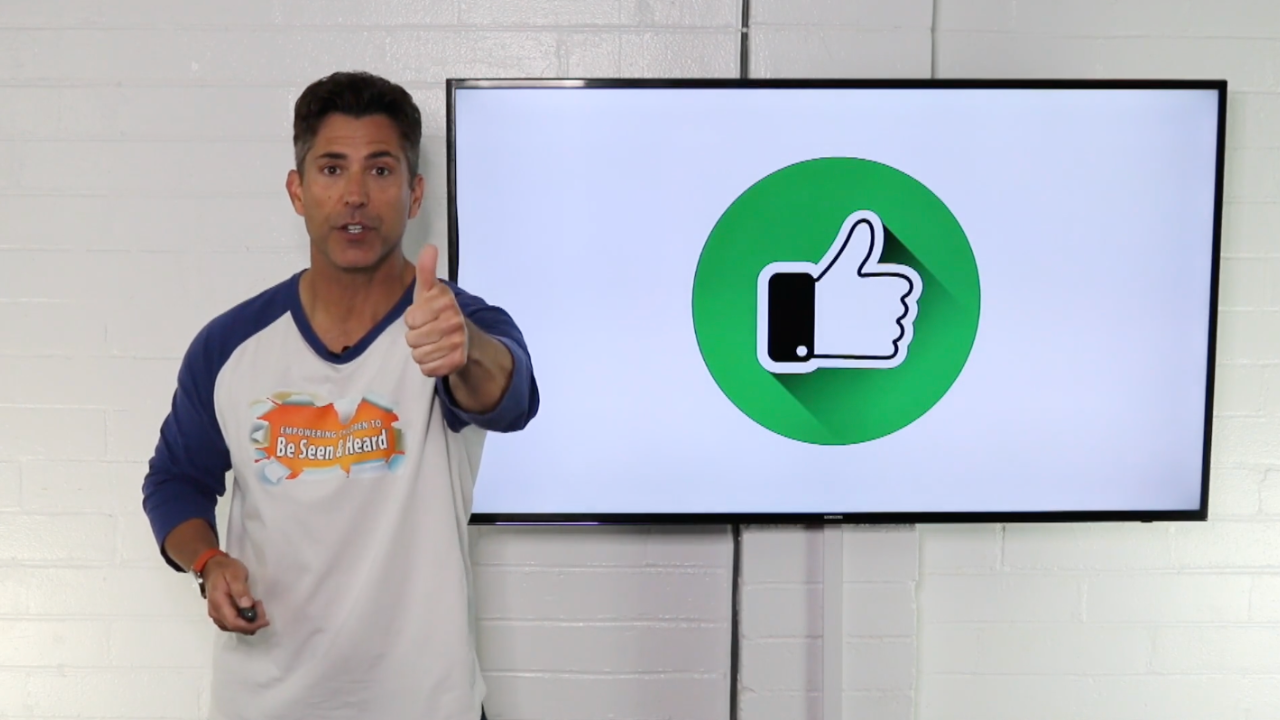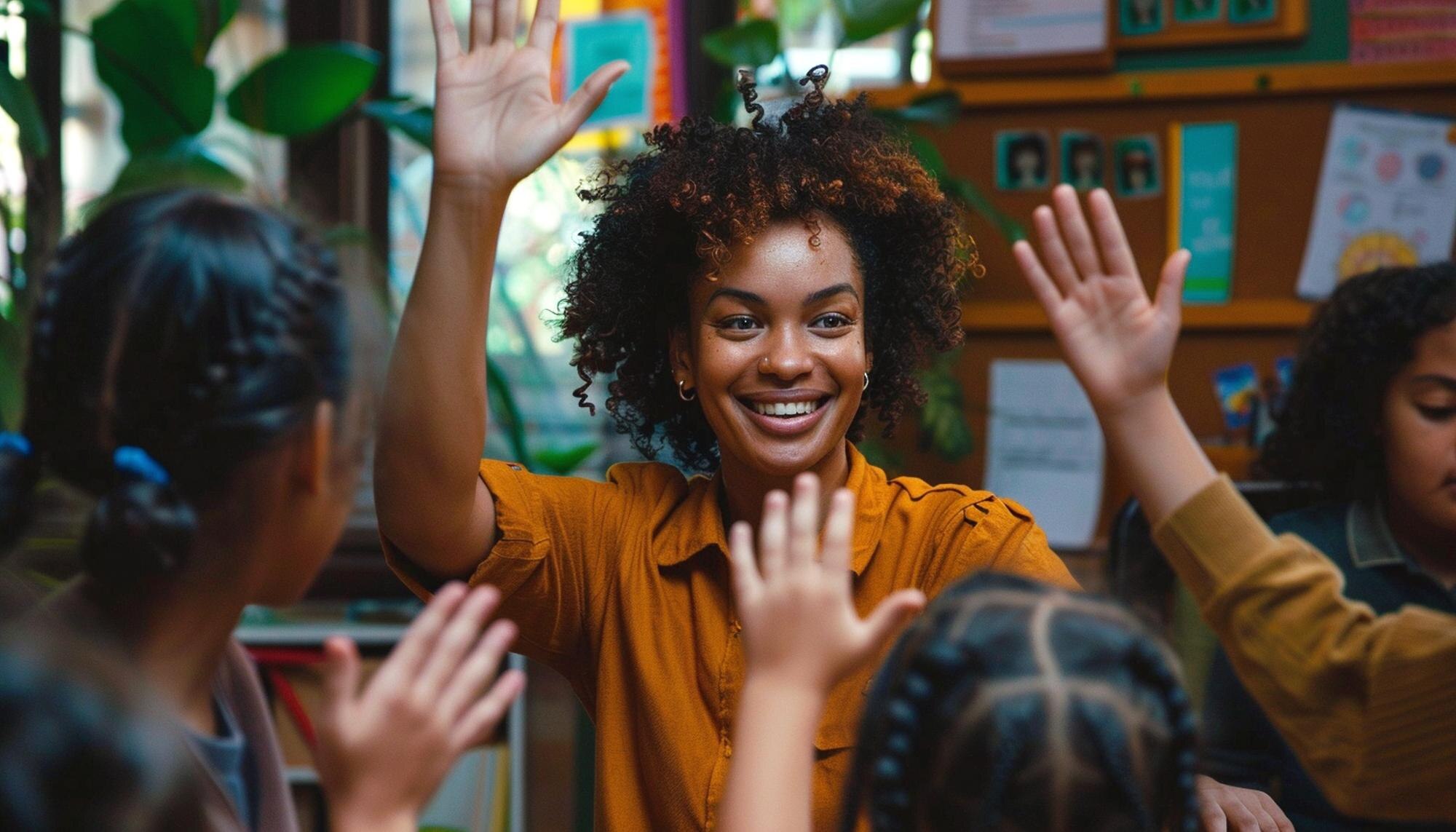
Why Survivor Voices Matter in Safety Education: Empowering Change from Within
Survivor-led education changes the way safety education connects with students and schools. When survivors share their stories, lessons about child safety become real and relatable—not just words on a page. You’ll see why programs like Childhood Victories, grounded in trauma-informed teaching and compliant with Erin’s Law, make a powerful difference in creating a safe learning environment for every child. Learn more about the importance of survivor voices in prevention strategies.
Importance of Survivor-Led Education

Survivor-led education offers a unique and essential approach to safety education. It transforms how children learn about personal safety and empowers educators to deliver meaningful lessons.
Enhancing Engagement and Effectiveness
Students often tune out when faced with traditional safety talks. But when real stories are shared, it sparks interest. A personal narrative draws students in, making lessons memorable. Imagine hearing directly from someone who has faced and overcome adversity. It not only captures attention but also inspires action. Students become more engaged when they see the real-world implications of these lessons. This approach increases retention and understanding. Survivor-led education isn't just about conveying information; it's about making a lasting impact.
Empowerment Through Personal Narratives
Personal stories are powerful tools. They offer insights and spark empathy. When survivors share their experiences, students see beyond statistics. They understand the real impact of unsafe situations. This understanding empowers them to make informed choices and speak up when needed. Sharing narratives builds a connection. Students realize they are not alone in facing challenges. This connection fosters a supportive environment, encouraging open dialogue and trust. Such empowerment is crucial for building resilience and confidence in students.
Fulfilling Erin's Law Requirements
Erin's Law mandates teaching children about personal safety to prevent abuse. Survivor-led programs align perfectly with this requirement. They provide age-appropriate lessons that are both educational and engaging. Programs like Childhood Victories ensure compliance while delivering impactful education. They offer comprehensive resources, making it easier for schools to meet legal obligations. By integrating survivor stories, these programs not only fulfill mandates but also exceed expectations, providing real value to students and educators alike.
Integrating Survivor Voices in Safety Education

To truly make a difference, integrating survivor voices in safety education is key. It transforms the learning experience and fosters a safe, supportive environment for students.
Trauma-Informed Teaching Approaches
Trauma-informed teaching is about understanding and sensitivity. It recognizes the impact of trauma on students' ability to learn and interact. By incorporating survivor stories, educators can create a compassionate classroom. This approach respects the experiences of all students and tailors teaching methods accordingly. It’s about creating an environment where students feel safe and understood. Educators are equipped with strategies to support students, promoting healing and growth. This method not only aids in learning but also in emotional development.
Building a Safe Learning Environment
A safe learning environment is essential for effective education. When students feel secure, they are more open to learning and participating. Survivor-led programs prioritize safety and trust. They teach students about boundaries and how to recognize unsafe situations. This education empowers students to protect themselves and others. By fostering open communication, students learn to express their concerns and seek help when needed. Such an environment encourages respect and understanding among peers and educators.
Role of Victor Pacini and Childhood Victories
Victor Pacini, founder of Childhood Victories, brings personal experience to safety education. His journey from adversity to advocacy provides a relatable and inspiring example for students. Childhood Victories offers programs that are not only compliant with Erin's Law but also deeply impactful. Victor Pacini's approach emphasizes resilience and empowerment. Students learn from someone who has overcome challenges, making the lessons more credible and engaging. This connection inspires students to face their own challenges with courage and confidence.
Benefits for Educators and Students

The integration of survivor voices in safety education delivers significant benefits to both educators and students. It enhances the educational experience and fosters a supportive community.
Strengthening Child Safety and Resilience
Safety education is crucial for protecting children. Survivor-led programs strengthen this by offering practical knowledge and emotional support. Students learn about personal safety from those who have real-life experience. This knowledge boosts their resilience, helping them navigate challenges confidently. Resilience is a key skill that aids in both personal development and academic success. By understanding the importance of safety, students are better equipped to protect themselves and contribute to a safer community.
Encouraging Trusted Adult Connections
Building connections with trusted adults is vital for student safety. Survivor-led programs emphasize the importance of these relationships. They teach students how to identify and approach trusted adults when needed. Establishing these connections provides students with a support network. It ensures they have someone to turn to in times of need, reinforcing their safety and well-being. Encouraging open communication between students and adults fosters a supportive community where students feel valued and understood.
Achieving Meaningful Educational Programs
For educators, implementing meaningful programs is a top priority. Survivor-led education offers programs that are both impactful and fulfilling. They provide comprehensive resources and support, making it easier for educators to deliver effective lessons. By focusing on real-world experiences, these programs go beyond traditional teaching methods. They engage students, making learning both enjoyable and informative. This approach not only achieves educational goals but also contributes to a positive and supportive school culture, benefiting everyone involved.


